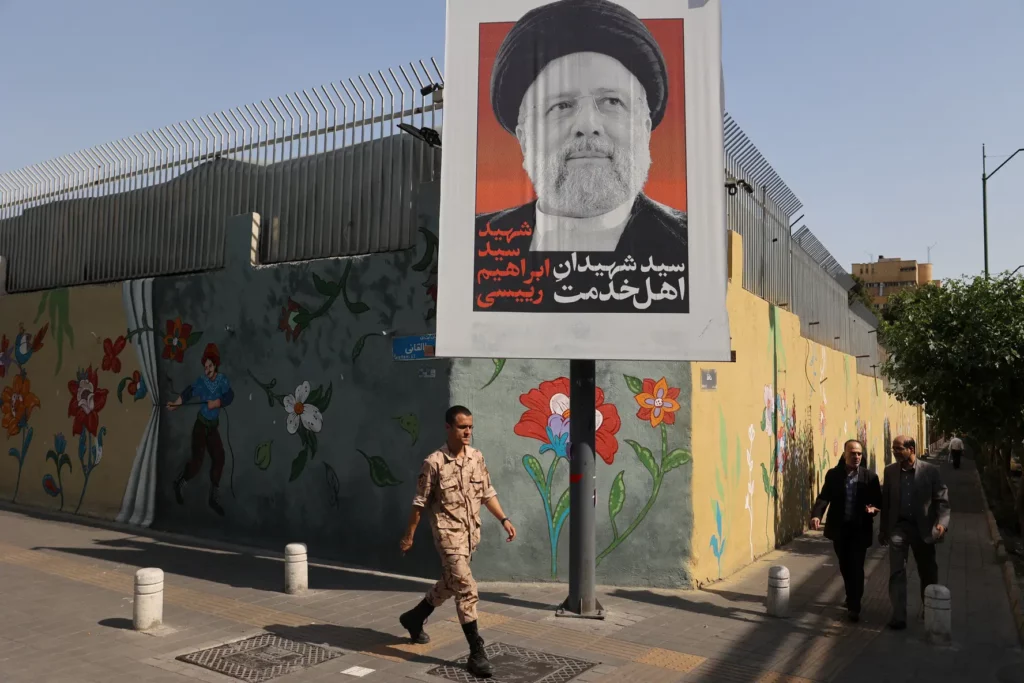Hostage-taking is an old practice; Julius Caesar was taken captive by pirates in exchange for gold. Nowadays, authoritarian countries such as Iran, China, Russia, and Venezuela arbitrarily detain foreign citizens as bargaining chips to gain political and financial leverage over Western democracies and their allies. Over 50 known European citizens are estimated to be currently unlawfully detained.
This pervasive and growing threat has evolved into a tool of warfare and coercion by both state and non-state actors. Hostage-taking is recognised as a war crime under international law and is prohibited by the 1979 International Convention Against the Taking of Hostages.
Arbitrary detention is a serious human rights violation as stated in Article 9 of the Universal Declaration of Human Rights: “No one shall be subjected to arbitrary arrest, detention or exile.” And yet, many are and the world is watching.
Recognizing that there is a problem is the first step to solving it
States using arbitrary detention employ their judicial power to conduct ‘sham trials’ to convict foreigners of a chosen nationality on false charges. Iran, for instance, frequently uses accusations of “Corruption on earth” to detain individuals, as seen in the cases of Johan Floderus, a Swedish citizen working for the EU’s diplomatic arm (EEAS) and Ahmadreza Djalali, a Swedish scientist sentenced to death and held in Iran for more than eight years.
Floderus, and fellow Swede Saeed Azizi, were recently released in a prisoner swap with Hamid Nouri, an Iranian official sentenced to life in Sweden for crimes against humanity related to the 1988 executions of over 5.000 Iranian political prisoners. However, many other EU citizens remain jailed in Iran and other countries on trumped-up charges including Jamshid Sharmahd, Cécile Kohler, Jacques Paris, Nahid Taghavi, Mehran Raoof, Luis Frómeta Compte and many others even though their names remain unknown to the public.
It’s not just state actors exploiting hostage diplomacy as a ‘tool’ to advance their interests. Non-state actors, including terrorist groups, are increasingly using hostage-taking to exert pressure and achieve political gains. Their acts destabilise regions and inflict profound trauma on victims and their families. The most recent example is the tragic event on October 7th2023, when the terrorist organisation Hamas kidnapped 250 hostages to Gaza during their attack on Israel, including around 44 European citizens.
The October 7 attack by Hamas is a pivotal event in Israel’s history. It also marks a major escalation in the history of hostage-taking within global politics and security. The kidnapping of over 250 individuals, including Israeli citizens, dual nationals and foreign nationals, surpasses previous experience and redefines hostage-taking. It weaponises mass hostage-taking as a tool of warfare with dire ramifications on the global level.
And where is the European Union in all of this?
The absence of a coordinated approach by the EU, with member countries making unilateral decisions without an overarching policy exacerbates the problem; This lack of coordination effectively encourages the growth of the hostage business model, posing a significant threat to international safety and stability.
Whether the perpetrator is a state or a non-state actor, the EU and its member states have an obligation and moral duty to protect their citizens from the escalating risk of hostage-taking and develop deterrence methods essential to curbing this practice.
Also, families remain deeply impacted by this horrific practice, as not only are their loved ones taken away, but the perpetrators frequently do not allow families to have any contact, sometimes even for months and years. And if they finally do, the opportunities are too scarce. Their speaking up against the inhumane practices also increases their own security risk.
In such difficult times, EU officials are of no help either and choose to keep the family members in the dark. The High Representative of the EU for Foreign Affairs, Josep Borrell mentioned for the first time the name of Jamshid Sharmahd in a press release from April 2023.
Sharmahd, a German citizen abducted from Dubai by Iran’s intelligence agents in 2020 and subsequently sentenced to death, found himself in the EU’s dictionary after immense pressure from his daughter, Gazelle Sharmahd, and other advocacy groups.
So far, the EU hasn’t found a constructive approach to its hostage diplomacy or the more silent diplomacy by EU member states: there is no clear accountability for regimes that take hostages or refuse to release hostages.
Hostage Aid Worldwide and EU Watch urge the EU to fight back against the horrific practice of hostage-taking. Establishing a common task force at the EU level to streamline information on Europeans arbitrarily detained and held hostage in third countries is a crucial first step.
In addition to intelligence sharing between EU member states and the EU institutions, creating a working group within the European Parliament would facilitate the development and implementation of a unified, cohesive European strategy to address the urgent issue of hostage-taking, ensure the release of European hostages, and mitigate tactics employed by both state and non-state actors.
It is time for the EU to send a crystal-clear message to authoritarian regimes like Iran and non-state actors like Hamas: the practice of hijacking European citizens and using them as bargaining chips ends now!


